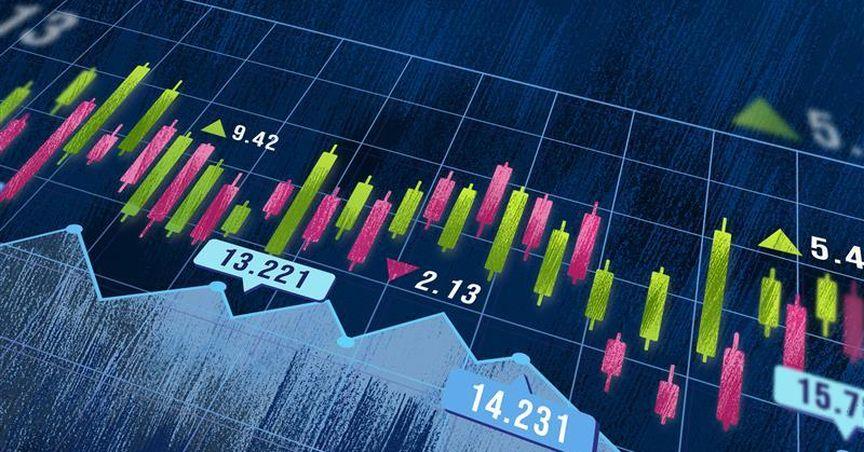The financial markets in India over the years have become accessible with the emergence of online trading platforms. To put it simply, if an individual intends to enter the markets for equities, derivatives, etc., the first prerequisite is to open a trading account and a demat account. Before commencing the whole process, one should first have a brief idea of some basic things that need to be understood.
Know the Basics
A trading account is a facility provided to investors to buy and sell securities at stock exchanges in India. In simple words, it is where they go to buy and sell. A dematerialized or simply demat, account keeps the securities held in electronic form. To sum up, the trading account and the demat account make trading very easy.
Documents for Opening the Account
KYC requirements also stipulate documents under which a trading account is opened in India. The documents in question include:
- Identity Proof: PAN Card a must, as well as an Aadhaar card, passport, voter ID, or driving license.
- Address Proof: Aadhaar card, utility bills, bank statement, or passport;
- Bank Account Proof: Cancelled cheque or bank statement;
- Photograph Passport-sized photographs;
- Income Proof: Trading in derivatives requires proof of income, such as salary slips, ITR, or bank statements.
Choice of Brokerage Platform
Before planning to open their trading account, individuals must analyze brokerage firms according to account opening charges, transaction charges, service availability, usability, and legal compliance. In general, a broker in India is considered either a full-service broker or a discount broker. Full-service brokers render the complete trading process along with the added advantage of research and advisory services, whereas discount brokers aim primarily at trading for a modest fee.
Linked Accounts and Smooth Transactions
Trading accounts work interdependently along with demat and savings bank accounts. Upon order execution, the associated bank account will debit/credit the funds, and the linked demat account will receive/send securities as per the transaction. Hence, it is this triangular establishment that allows the seamless and transparent settlement of trades.
Kinds of Trading Accounts
It is also essential for an individual to know the different kinds of trading accounts before opening one. There are:
- Equity Trading Account: Buying and selling shares.
- Commodity Trading Account: Trading in commodities like gold, crude oil, etc.
- Derivatives Trading Account: Trading in futures and options contracts.
- Currency Trading Account: Trading in foreign exchange derivatives.
Charges
An individual must know the fee structure imposed while opening a trading account. The fees charged in general are
- Account Opening Fee: A one-time charge, which is charged by some brokers.
- Annual Maintenance Charge (AMC): Recurring amount for maintaining the demat account.
- Brokerage Charges: Direct cost of trading charged to the Trader by the Broker.
- Transaction Charges: Levied on the trade by the exchanges.
- GST and other Statutory Levies: Taxes imposed by the Government.
These charges dramatically affect the cost of trading, and therefore, they should be considered while making a decision regarding a particular trading platform.
Online or Offline
Nowadays, brokers offer online and offline ways to open a trading account. The online method is filling out a digital form, uploading documents, and verification via video KYC. The offline method entails physically submitting forms and documents in the broker's office or branch for authentication.
Online methods are fast and suit the tech-savvy kind of person. On the other hand, the offline method might attract people who want some sort of physical interaction.
Setting Up the Account and Making the First Trade
Upon opening the account, the broker activates it after approval. The broker shares the trading platform login details, and they can place orders. The first trades can be placed via either the web terminal, mobile app, or desktop software, depending on the broker's platform.
Conclusion
Opening a trading account in India is a systematic process involving compliance, extensive documentation, and procedures. An individual should check if the choice of broker and type of account fits their trading objectives.
The article has been provided and sponsored by Vishal Thakur. Vishal is a digital marketing professional who has worked with Marketing Planners, specializing in content strategy, SEO, and performance marketing.



